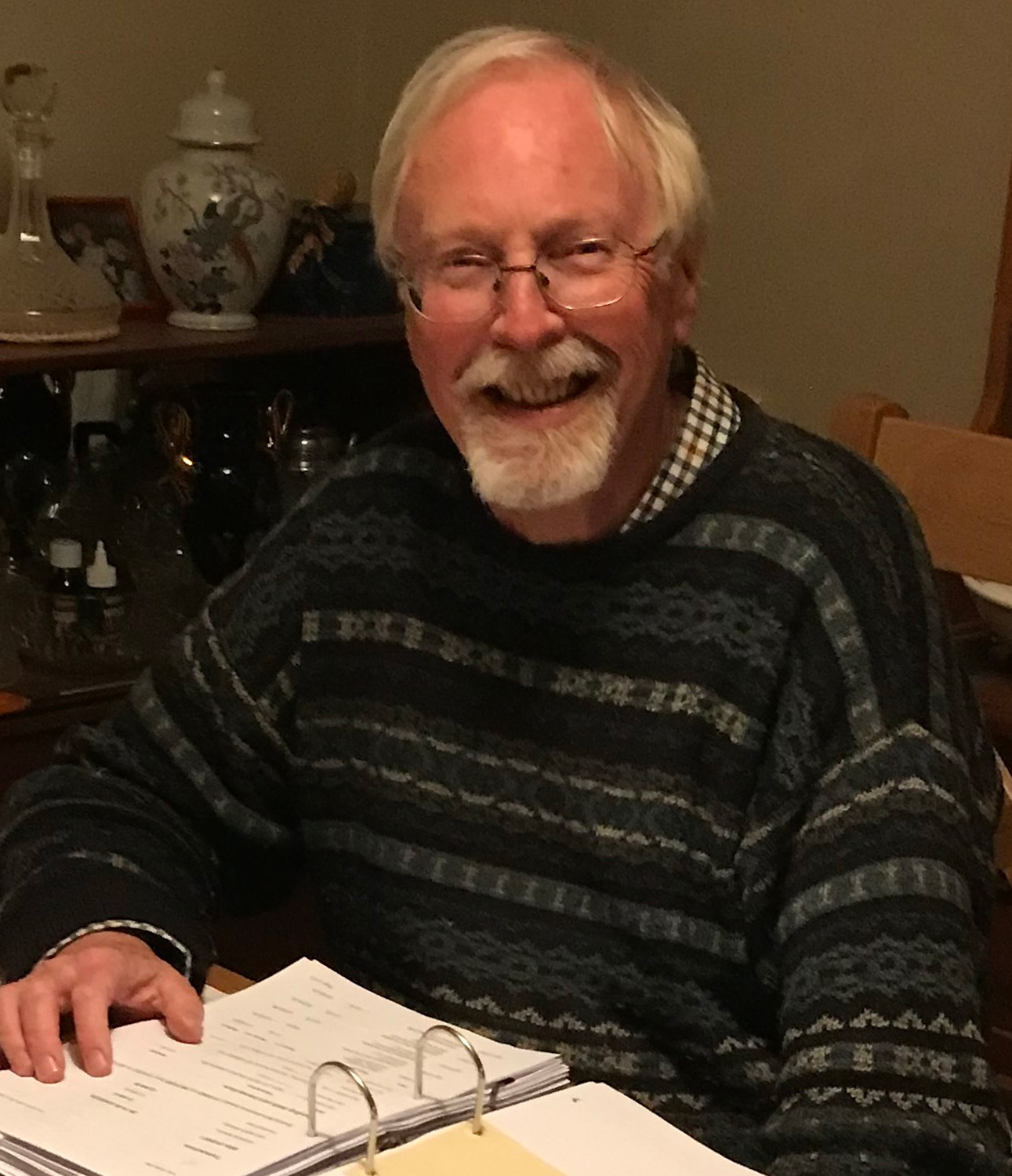
Thursday 25 September 2025, 7pm
Tickets: £12 (under 21s £6)
All proceeds to Butterfly Conservation
Doors 6pm, bar and hot supper available
Tickets available from Bridport Tourist Information Centre
tel: 01308 424901
or paste this address into your browser:
Understanding species survival requires deep ecological insight, without it, reintroductions become trial-and-error – and mostly error.
The successful reintroduction of species to old or new habitats requires an understanding of the ecological factors that help them thrive (positive ecology) and those that lead to decline (negative ecology). In this talk, Hugh Loxdale MBE explores what drives survival—or extinction—in British birds and butterflies, drawing on over a century of detailed study. Despite long-term research, much about butterfly ecology remains a mystery, especially for species with unpredictable “boom and bust” cycles or those that resist reintroduction, even into seemingly ideal former habitats.
As Charles Darwin realised in his famous treatise, the Origin of Species (1859), extinction, brought about by a plethora of causes, including disease, inbreeding and competition of one sort or another, is a critical part of evolution. It proceeds by the process of ecological specialisation, as living organisms adapt to occupy vacant niches, either novel ones or those previously occupied. Certain species of living organism can persist for many millions of years, sometimes hardly changed morphologically and genetically (e.g. coelacanth), whereas others seemingly persist for relatively shorter timescales before they disappear from the face of the Earth. If conservationists are to successfully introduce species into new habitats or ones they formerly occupied, then it is essential that the positive ecology is understood, as well as those which lead to their extinction (negative ecology).
Hugh Loxdale MBE began his career in entomology at Rothamsted Research, where he worked for 36 years studying aphids, moths, and the molecular ecology of insect pests using DNA markers. After five more years teaching and researching at the University of Jena and the Max Planck Institute for Chemical Ecology, he retired in 2011 but continues to publish scientific papers. A former President and Honorary Treasurer of the Royal Entomological Society, Hugh is now an Honorary Fellow and Honorary Visiting Professor at Cardiff University. In 2007, he received an MBE for services to entomology. He lives on the edge of Exmoor with his wife Nicola, where he writes, walks, and enjoys observing wildlife.
The HOP talks are part of an initiative aiming to inspire and inform individuals, families and local communities with tangible actions to help combat the effects of climate change and environmental degradation, and to raise money for charities working in these areas. Each month the charity is chosen by the speaker. The project was initiated by Philip Howse OBE (Professor Emeritus, University of Southampton) with Professor Sir Ghillean Prance FRS VMH (former Director of the Royal Botanic Gardens, Kew) and the late James Lovelock CBE. Patrons include: George Monbiot, Clive Farrell, Dr George McGavin and Dr Kate Rawles.
Take part. Book your seats now.